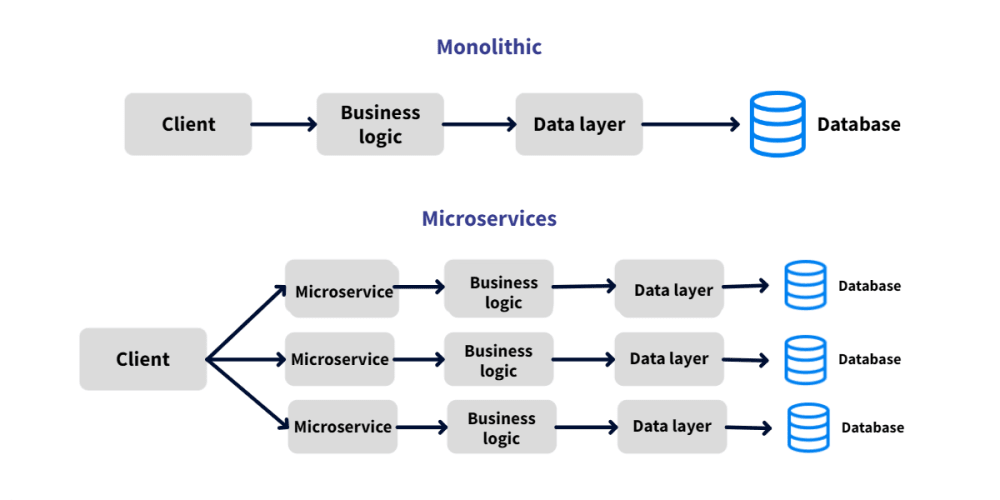Imagine walking into a coffee shop and ordering your usual latte, only to find it's been prepared by a robotic arm that knows your preferences better than any barista. Science fiction? Not quite. Welcome to the world of AI in 2024, where such scenarios are increasingly becoming reality. But while headlines often focus on flashy demos from companies like OpenAI, the true story of AI's evolution is far more diverse and, surprisingly, human.
The Familiar Faces: Tech Giants and AI
When we think of AI, names like Google and Microsoft often come to mind. But behind these corporate giants are teams of passionate individuals pushing the boundaries of what's possible.
Take Dr. Fei-Fei Li, for instance. As the co-director of Stanford's Human-Centered AI Institute and former chief scientist of AI/ML at Google Cloud, Li has been a driving force in making AI more accessible and ethical. "AI is not just about building smart machines," she often says, "it's about enhancing human intelligence and creativity."
- Google/DeepMind: Remember the shock waves sent through the tech world when AlphaGo defeated world champion Lee Sedol at Go? That was just the beginning. Today, Google is applying AI to everything from helping compose emails to potentially discovering new antibiotics.
- Microsoft: If you've used the "Smart Compose" feature in Outlook or marveled at real-time translation in Teams, you've experienced Microsoft's AI at work. Satya Nadella, Microsoft's CEO, envisions AI as a tool to "amplify human ingenuity."
- Amazon: Jeff Bezos once quipped, "We've been working on AI for decades, you just haven't noticed." From Alexa in your living room to the invisible AI optimizing delivery routes, Amazon's AI touches millions of lives daily.
The Specialists: Carving Niches in AI
While tech giants cast wide nets, some companies are diving deep into specific AI applications, often with fascinating results.
- NVIDIA: Jensen Huang, NVIDIA's charismatic CEO, transformed a gaming graphics company into an AI powerhouse. Their GPUs now power everything from autonomous vehicles to weather prediction models. As Huang puts it, "AI is the most powerful technology force of our time."
- IBM: Remember when IBM's Watson won Jeopardy? Today, Watson is helping doctors diagnose diseases and researchers tackle climate change. As Arvind Krishna, IBM's CEO, notes, "AI isn't about replacing humans, it's about augmenting human intelligence."
- Anthropic: This young company is tackling one of AI's most pressing challenges: making AI systems that are not just powerful, but also safe and aligned with human values. Their work could be crucial in ensuring that as AI systems become more advanced, they remain beneficial to humanity.
The Global Players: AI Beyond Silicon Valley
AI innovation isn't confined to the US. In China, a different vision of AI's future is taking shape.
Robin Li, CEO of Baidu, envisions AI as the key to solving China's healthcare challenges. "In remote areas where medical resources are scarce," he explains, "AI can provide a level of care that was previously impossible."
Meanwhile, Jack Ma, co-founder of Alibaba, sees AI as a tool for economic empowerment. Alibaba's AI-powered credit scoring system has enabled millions of small businesses to access loans previously out of reach.
AI in Action: Transforming Industries
Some companies are using AI to revolutionize entire industries:
- Tesla: Elon Musk's vision of self-driving cars is inching closer to reality. But it's not just about convenience; it's about saving lives. "The fundamental goodness of autonomy is that it's going to prevent a tremendous amount of accidents and deaths," Musk argues.
- Apple: Tim Cook, Apple's CEO, is passionate about AI's potential to enhance accessibility. Features like voice control and live captions, powered by on-device AI, are opening up new possibilities for users with disabilities.
The Human Element in AI
Behind every algorithm and neural network are human stories - of challenges overcome, eureka moments, and a drive to make the world a little bit better.
Dr. Timnit Gebru, a prominent AI ethics researcher, reminds us of the importance of diversity in AI development. "AI systems are created by humans, and they inherit our biases," she warns. "We need diverse teams to build AI that works for everyone."
Looking Ahead: The Future is Collaborative
As AI continues to evolve, the future isn't about AI vs. humans, but AI with humans. Ginni Rometty, former CEO of IBM, puts it well: "Some people call this artificial intelligence, but the reality is this technology will enhance us. So instead of artificial intelligence, I think we'll augment our intelligence."
For businesses looking to leverage AI, the key is to focus not just on the technology, but on the human needs it can address. Whether it's improving customer service, streamlining operations, or tackling global challenges like climate change, the most successful AI implementations will be those that enhance and empower human capabilities.
In conclusion, while it's easy to get caught up in the hype around AI, the real story is deeply human. It's a story of diverse teams around the world, working to solve problems big and small, and in the process, reshaping what it means to be human in an increasingly AI-driven world.
As we stand on the brink of this AI-powered future, one thing is clear: the next chapter in AI's story will be written not by machines, but by all of us, together.





















